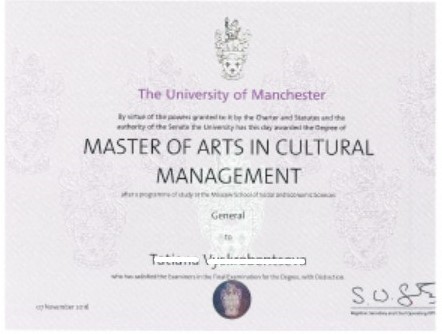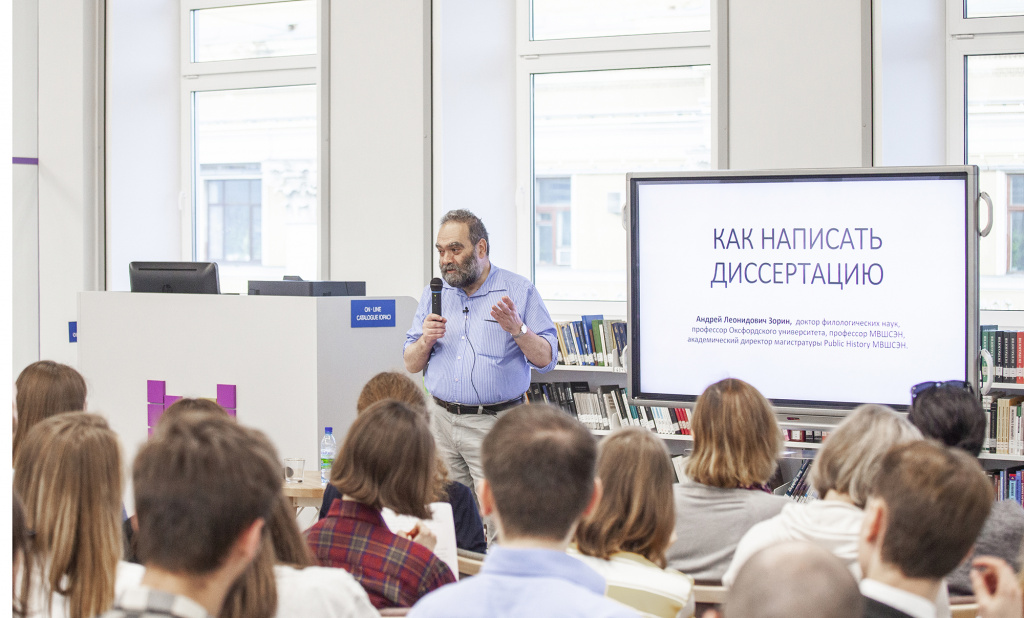Duration of Training
The duration of professional retraining programs is 1 or 2 years, depending on the student's choice. The training programs have the same amount of disciplines; therefore, the content of the one-year training program is more intense.Evening Classes
Classes are held in the evenings on weekdays and on Saturdays from 7 pm to 10 pm. Evening classes help students combine their studies with work. The training takes place in the city center (Okhotny Ryad metro station.)
Two Diplomas and a European Academic Degree

Programs
-
MA in Sociology (University of Manchester, UK)
-
MA in Counselling (University of Manchester, UK)
Forms of Studies
In Shaninka, training is delivered in small groups of 15-20 people. Shaninka applies the UK approach to the educational process: the major time students spend working independently rather than attending lectures and seminars. Lecturers act as leaders who guide learning process, they provide the necessary foundation for understanding the literature and help students develop their own research projects.
What is the difference between professional retraining and Master Degree programs?
These programs are practically the same in terms of training structure and content, the only difference is in the awarded diplomas.
Master Degree programs refer to the second stage of higher education. Professional retraining is advanced post-graduate education. Students of the Russian Master Degree program are granted exemption from conscription and discounted travel passes and other benefits that are generally granted to students. Students of professional retraining programs are not entitled to get these benefits.<br>
Russian Master Degree programs always last two years. This is one of the conditions of the Russian education system. The professional retraining program can be completed in 1 or 2 years, depending on your work load and preferences. It includes a UK Master Degree program, therefore upon completion of the professional retraining program you will receive a British diploma.
Usually, two categories of students enter Shaninka:
1. Recent university graduates who enter our School to make a successful start in their careers.
2. Specialists with a proven track record and experience in performing research and implementing projects - they come to get new resources and knowledge to proceed with professional development.
Thus, people with very different backgrounds, experience and education usually study in one classroom.
Essays and Dissertations
Upon completion of each course students shall submit an academic essay. An essay in English practice is an independent author's academic text, which is based on sufficient resources, primarily in English. Ideally, this should be a scientific article ready to be published in an academic journal. Students select topics on relevant subjects taught during the course, based on their own interests; then they coordinate the topics with the lecturer.At the end of the training program, all students write dissertations. They choose the topic based on their interests and career plans. The dissertation synopsis is preliminary discussed at a general meeting of lecturers and students. Unlike the usual practice in Russia, this discussion is lively and informal, yet at the same time it is a work-related discourse. During these discussions you get a constructive feedback. The purpose of such meetings is to help student write a really valuable text, rather than a formal paper.
The dissertations itself is submitted in writing, there is no oral defense practice. According to the UK standards, students’ graduation papers are double-checked and further evaluated by an external assessor from the University of Manchester. This ensures academic integrity, criticality, and objectivity of the assessment.




